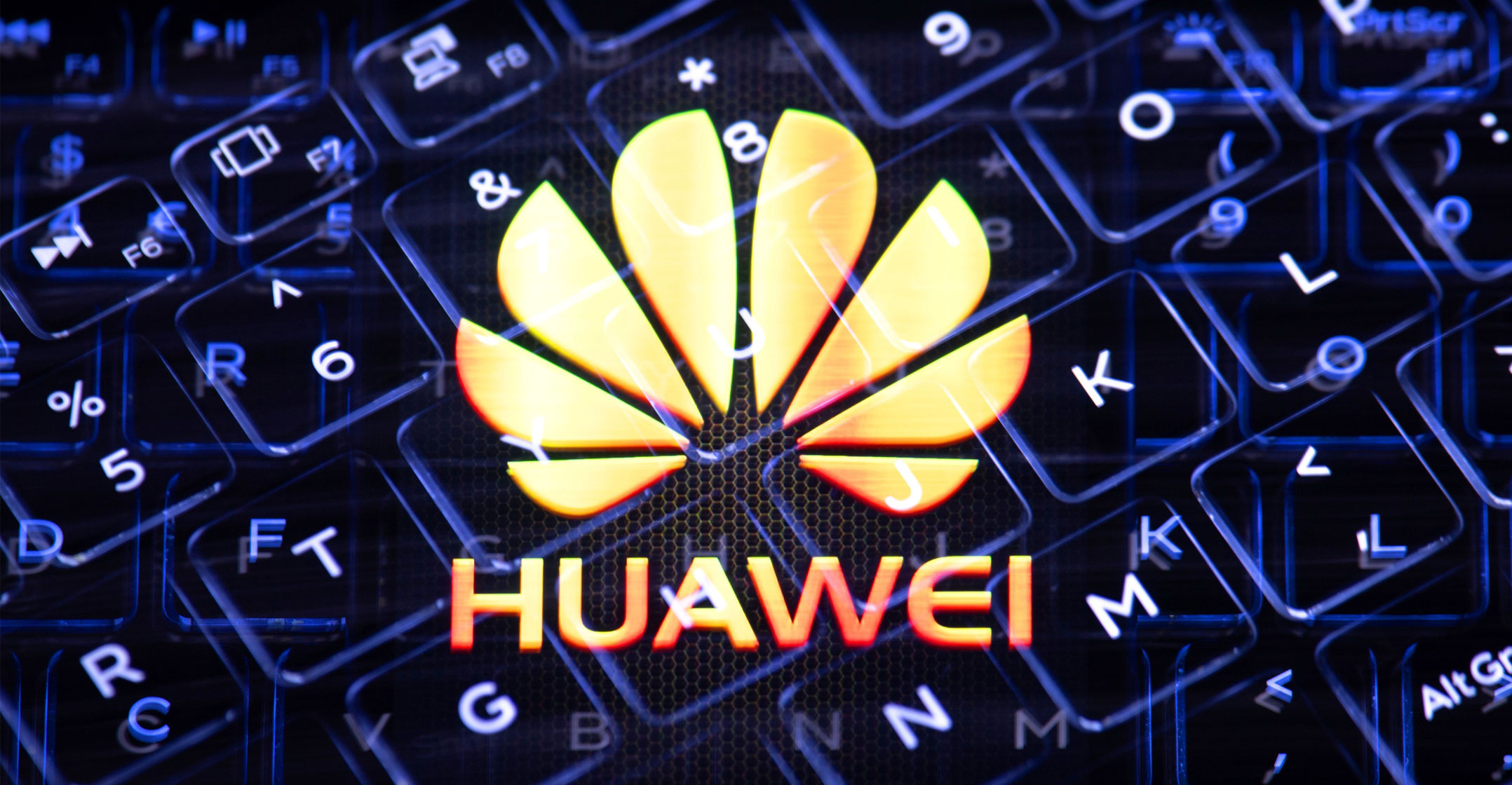
Chinese technology giant Huawei is launching a US court challenge to a law that labels the company a security risk and would limit its access to the American market for telecommunications equipment.
Huawei’s announcement comes as the biggest global maker of network equipment for phone and Internet companies fights US efforts to persuade allies to exclude the company from next-generation telecoms systems.
It filed a lawsuit asking a federal court in Plano, Texas to throw out a portion of this year’s US military appropriations act that bars the government and its contractors from using Huawei equipment.
Huawei, China’s first global tech brand, is at the centre of US-Chinese tensions over technology competition and cyber-spying.
The company has spent years trying to put to rest accusations it facilitates Chinese spying or is controlled by the ruling Communist Party.
“We are compelled to take this legal action as a proper and last resort,” the company’s rotating chairman, Guo Ping, said at a news conference. Guo said the ban would limit competition, slowing the roll-out of 5G communications and raising consumer prices.
Huawei has about 40% of the global market for network gear but its US sales evaporated after a congressional panel in 2012 cited the company and a Chinese competitor, ZTE, as security risks and told phone carriers to avoid dealing with them.
‘Hacked our servers’
US authorities “have hacked our servers and stolen our e-mails” but have presented no evidence to support their security claims, Guo said.
He complaining Washington was “sparing no effort to smear” the company.
Washington’s campaign to persuade allies to shun Huawei threatens to block access to major markets as phone carriers prepare to invest billions of dollars in 5G equipment.
Huawei says the new law would shrink its potential US market further by prohibiting the government from buying the Chinese vendor’s technology and from buying goods or services from or giving grants or loans to companies or other third parties that do.
 The US accounts for 20-25% of the global market for computer and telecoms technology.
The US accounts for 20-25% of the global market for computer and telecoms technology.
The company is challenging the US law as an unconstitutional “bill of attainder”, or a measure that targets a specific individual for penalties without a trial.
The company says that infringes its due process rights and improperly has the US congress play the role of a court.
The ban is “based on numerous false, unproven and untested propositions”, said Song Liuping, the company’s chief legal officer, at the news conference. “Huawei has an excellent security record and programme. No contrary evidence has been offered.”
The Chinese government has accused Washington of fabricating or exaggerating security concerns to block a successful Chinese competitor.
In January, US prosecutors filed charges accusing Huawei of stealing trade secrets and its chief financial officer of lying to banks about dealings with Iran.
The executive, who is the daughter of the company’s founder, was arrested on 1 December by Canadian authorities and is fighting a US extradition request.
China’s government arrested two Canadians, a former diplomat and a businessman, on 10 December in what was widely seen as an attempt to pressure Canada to release the executive, Meng Wanzhou.
Extradition
On Monday, the government accused the two men of acting together to steal state secrets. That followed the Canadian government’s announcement on Friday that the extradition proceeding would be allowed to continue.
Huawei executives deny wrongdoing and say American security warnings have yet to affect sales outside the US.
The company’s 2018 revenue forecast is US$100-billion and its founder, Ren Zhengfei, said last month this year’s target is $125-billion.




